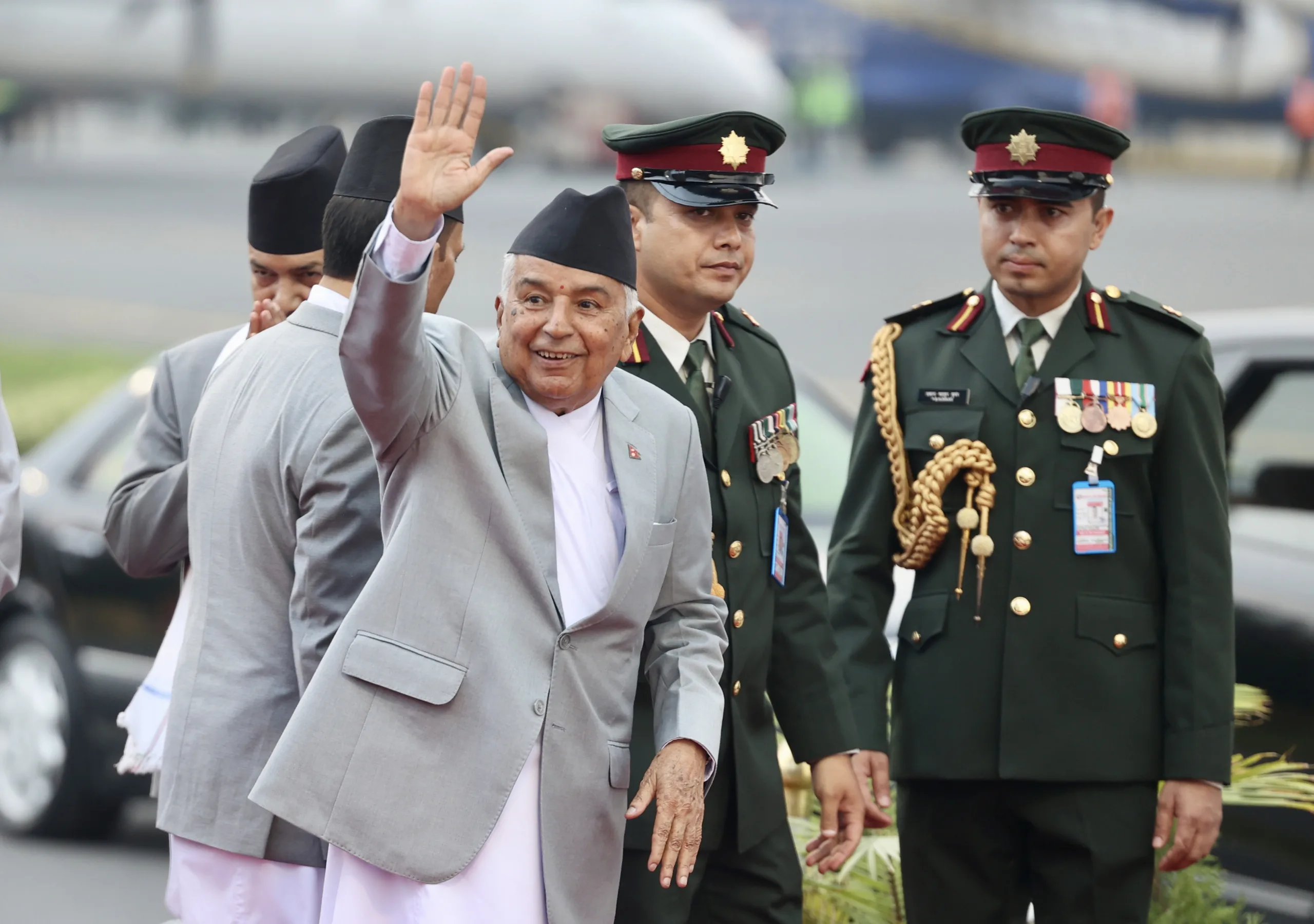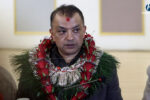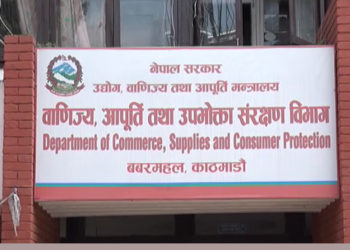KATHMANDU: President Ramchandra Paudel, currently in Geneva, Switzerland, will visit Germany on June 15. He is visiting at the invitation of his German counterpart, Frank-Walter Steinmeier.
Official talks between the two presidents are scheduled for June 17, according to Amrit Bahadur Rai, Spokesperson at the Ministry of Foreign Affairs.
Nepal and Germany established diplomatic relations on April 4, 1958, and have since fostered a relationship based on friendship, mutual understanding, and cooperation.
Both countries have established embassies in each other’s capital cities, with Nepal opening its embassy in Berlin on July 5, 1965, and Germany opening its embassy in Kathmandu in 1963.
The 60th anniversary of their diplomatic ties in 2018 was marked by various celebratory programs in both countries.
Exchanges of visits by dignitaries have further strengthened the close and cordial relations between the two countries.
Former German Presidents Heinrich Lübke and Roman Herzog visited Nepal in 1967 and 1996, respectively.
Late King Birendra and late Queen Aishwarya paid a state visit to Germany in October 1986.
Former Head of Government Girija Prasad Koirala visited Germany in February 1995 and September 2000, and former Prime Minister Man Mohan Adhikari visited in April 1995.
Other notable visits include those by Deputy Prime Minister and Minister for Foreign Affairs Madhav Kumar Nepal in February 1995, Foreign Affairs Minister Upendra Yadav in March 2009, and Commerce and Supplies Minister Lekhraj Bhatta in 2012.
Germany, consisting of 16 states (Länder), is an important country in central Europe.
Nepal mainly imports optical instruments, photography-related equipment, surgical appliances, medicinal products, and vehicles from Germany.
Potential exports from Nepal to Germany include carpets, honey, ready-made garments, pashmina, handicraft items, silver ornaments, wooden and bamboo articles, herbs, cardamom, and tea.
Germany was a major export destination for Nepal-made carpets in the past, thanks to direct air connectivity between the two countries.
There is also significant potential for technology transfer from Germany to Nepal, particularly in renewable energy.
Tourism is another area of mutual interest, with 36,641 Germans visiting Nepal in 2019.
Germans are particularly interested in mountain climbing in Nepal, which could be promoted as a hub for German tourists given Germany’s high per capita income and government policy encouraging foreign travel.
Germany has been a significant donor to Nepal’s development efforts, providing assistance in agriculture, urban development, waste management, small and cottage enterprise promotion, poverty alleviation, physical infrastructure development, hydropower and transmission line construction, renewable energy promotion, education, health, and environment conservation.
The German government has invested 200 million Euros in the 70-megawatt Mid Marsyangdi Hydropower Project through the KfW Bank.
After the 2015 Gorkha Earthquake, Germany provided 4.5 million Euros through formal channels and 30 million Euros for reconstruction, with additional assistance coming from non-governmental and private sectors.
There is potential for increased German investment in Nepal’s agriculture, tourism, renewable energy, physical infrastructure, food processing, information technology, education, and transportation sectors.
Germany is also an attractive destination for skilled and professional Nepali workers.
Germany began its development cooperation with Nepal in 1961, starting with the establishment of a Technical Training Institute at Thapathali and the construction of the Middle Marsyangdi Hydroelectric Project.
The latest round of Nepal-German negotiations on bilateral development cooperation was held on September 19-20, 2018, in Berlin.
Energy, transmission lines, and infrastructure development remain major areas of German cooperation, with recent technical support to Nepal’s COVID-19 initiatives.
Germany is one of Nepal’s major export markets, particularly for carpets and textiles.
An investment protection agreement has been in place since October 1986, and the Nepal-German Chamber of Commerce and Industry (NGCCI), founded in 1990 in Kathmandu, promotes bilateral trade relations.
More than 15,000 Nepalis live in Germany as students or workers, contributing to deepening ties at the people’s level.
President Paudel will be accompanied by his spouse, Sabita Paudel; his Foreign Affairs Expert, Dr. Suresh Chandra Chalise; the Secretary of the Office of the President; the Foreign Affairs Secretary; and Nepal’s Ambassador to Germany.
President Paudel is scheduled to return to Kathmandu on June 19.









Comment